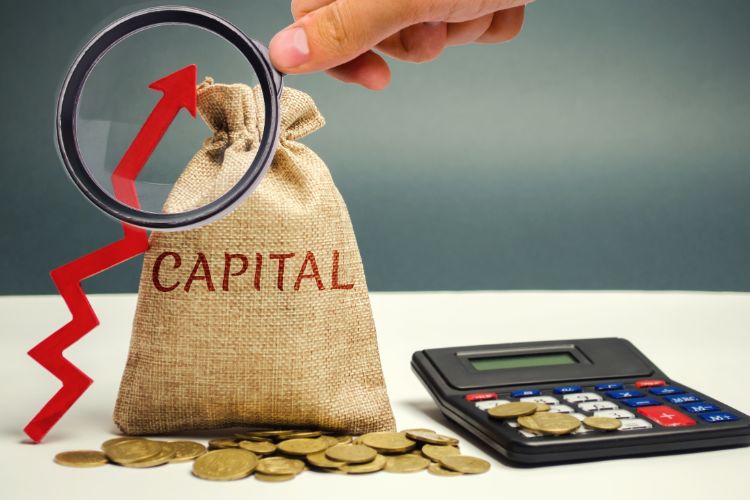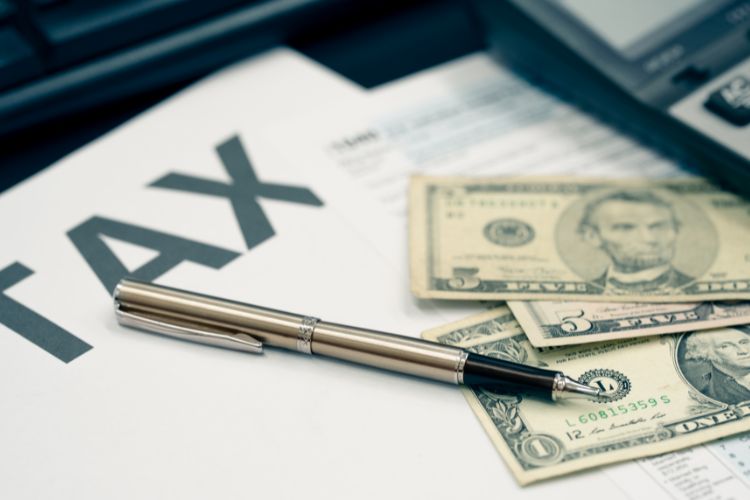Swapping Bitcoin for precious metals can have several tax implications, as you should know. Cryptocurrencies like Bitcoin are taxed as property in the United States by the Internal Revenue Service (IRS).
This means that trading Bitcoin for another asset, even precious metals, is taxable.
Here are the critical tax consequences to consider:
1. Capital Gains Tax:

– The IRS sees this as a sale of your bitcoin if you trade it for precious metals. If the value of Bitcoin has increased since you initially acquired it, you will have a capital gain.
– The capital gain is the difference between how much the precious metals were worth on the market at the time of the exchange and how much you paid for Bitcoin in the first place, including any fees.
– Capital gains are categorized as either short-term or long-term. If you owned the bitcoin less than a year before the swap, any gain is short-term and taxed at the same rate as your ordinary income. If you hold Bitcoin for over a year, the gain is long-term and is taxed at reduced rates (0%, 15%, or 20%, depending on your income).
2. Reporting Requirements:

– Form 8949 and Schedule D of Form 1040 must be used to report the transaction on your tax return. You’ll need to detail each transaction, including the date of acquisition of the Bitcoin, the date of the exchange, the cost basis, and the fair market value of the precious metals received.
3. Potential for Loss Deductions:

– If the value of your bitcoin has decreased since you acquired it, you will incur a capital loss upon the exchange. Capital losses can be used to offset capital gains from other investments. If you lose more than you gain, you can deduct up to $3,000 of your losses against other income or carry them over to the next tax year.
4. Record-Keeping:

– It’s crucial to keep detailed records of all your cryptocurrency transactions, including receipts, the fair market value of the bitcoin at the time of each transaction, and documentation of the precious metals’ value when you acquired them. This information will be necessary for accurately reporting to the IRS.
5. Like-Kind Exchanges:

– Some investors used “like-kind” exchanges before the Tax Cuts and Jobs Act of 2017 to put off paying capital gains taxes on swaps of similar property types. On the other hand, the current tax law only allows like-kind exchanges for real estate. It does not permit exchanges of cryptocurrency or precious metals.
6. State Taxes:

– In addition to federal taxes, you may also be subject to state taxes on the exchange. State tax laws vary, so it’s essential to understand the rules in your state.
It is essential to keep in mind that tax rules can change. The information provided here is based on the tax laws in effect, with a cutoff date of 2023. For the most current information and personalized tax advice, consult a tax professional or CPA who can provide guidance based on your situation and the latest tax laws.

